
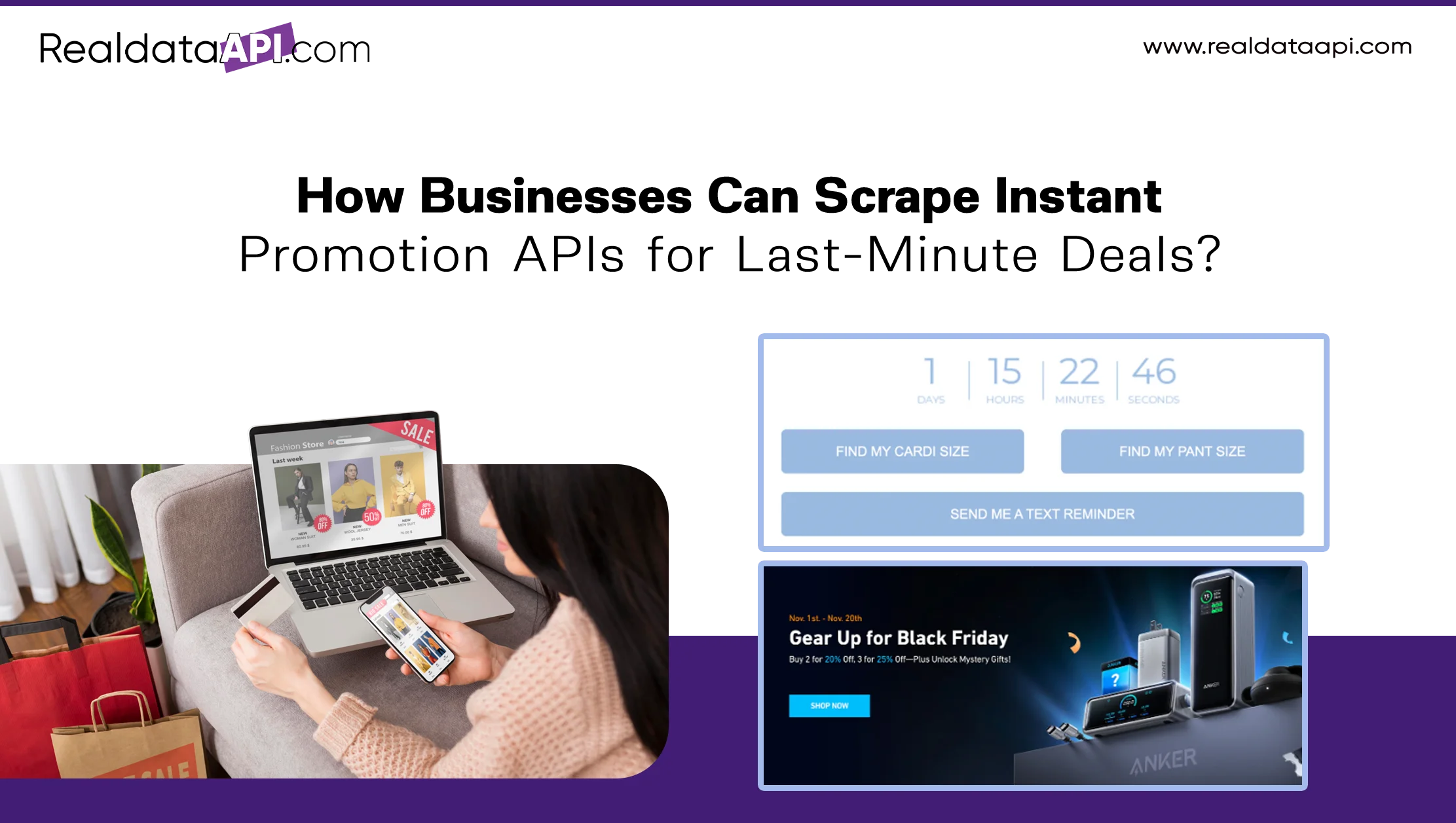
Introduction
In the fast-paced digital commerce landscape, last-minute promotions have emerged as a game-changing tactic for both businesses and consumers. Flash sales, limited-time offers, and instant discounts drive urgency and spike conversions—but tracking these real-time promotions manually is almost impossible. Enter: Instant Promotion API scraping.
This blog explores how businesses can scrape Instant Promotion APIs to uncover real-time deals, monitor competitor strategies, and supercharge pricing intelligence. Whether you're in travel, e-commerce, food delivery, or retail, scraping promotional APIs equips you with timely insights that can be monetized instantly.
What Are Instant Promotion APIs?
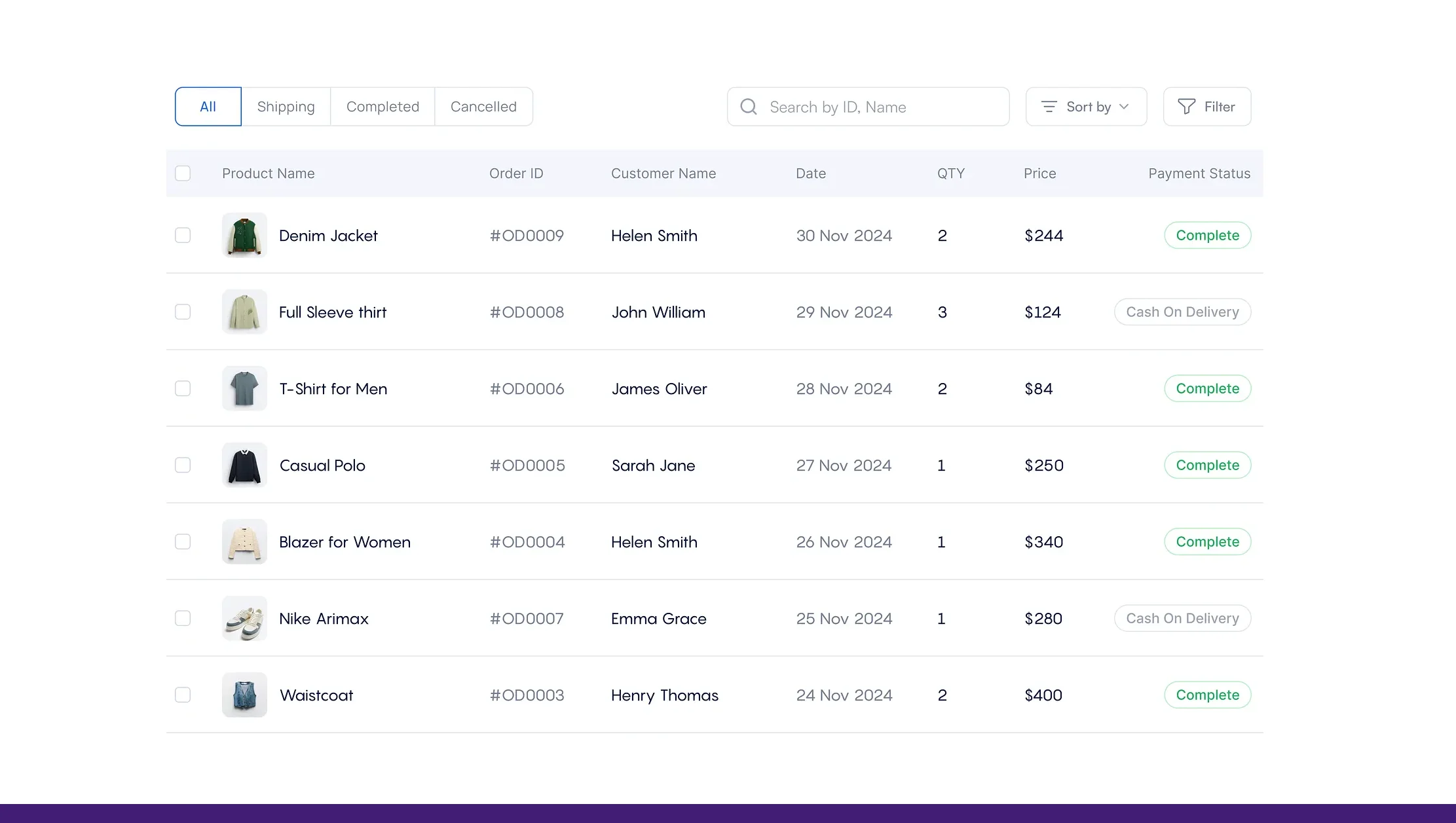
Instant Promotion APIs are endpoints offered by apps and platforms that dynamically return promotional offers—such as flash deals, limited-time discounts, and last-minute sales—based on:
- Product categories
- User location
- Purchase history
- Time of day or week
- Inventory availability
These APIs are typically part of internal mobile or web applications and are meant to enhance personalization and conversion rates. By tapping into these APIs using ethical web scraping and API interaction techniques, businesses can capture real-time deal data before it's even advertised publicly.
Why Scrape Instant Promotion APIs?
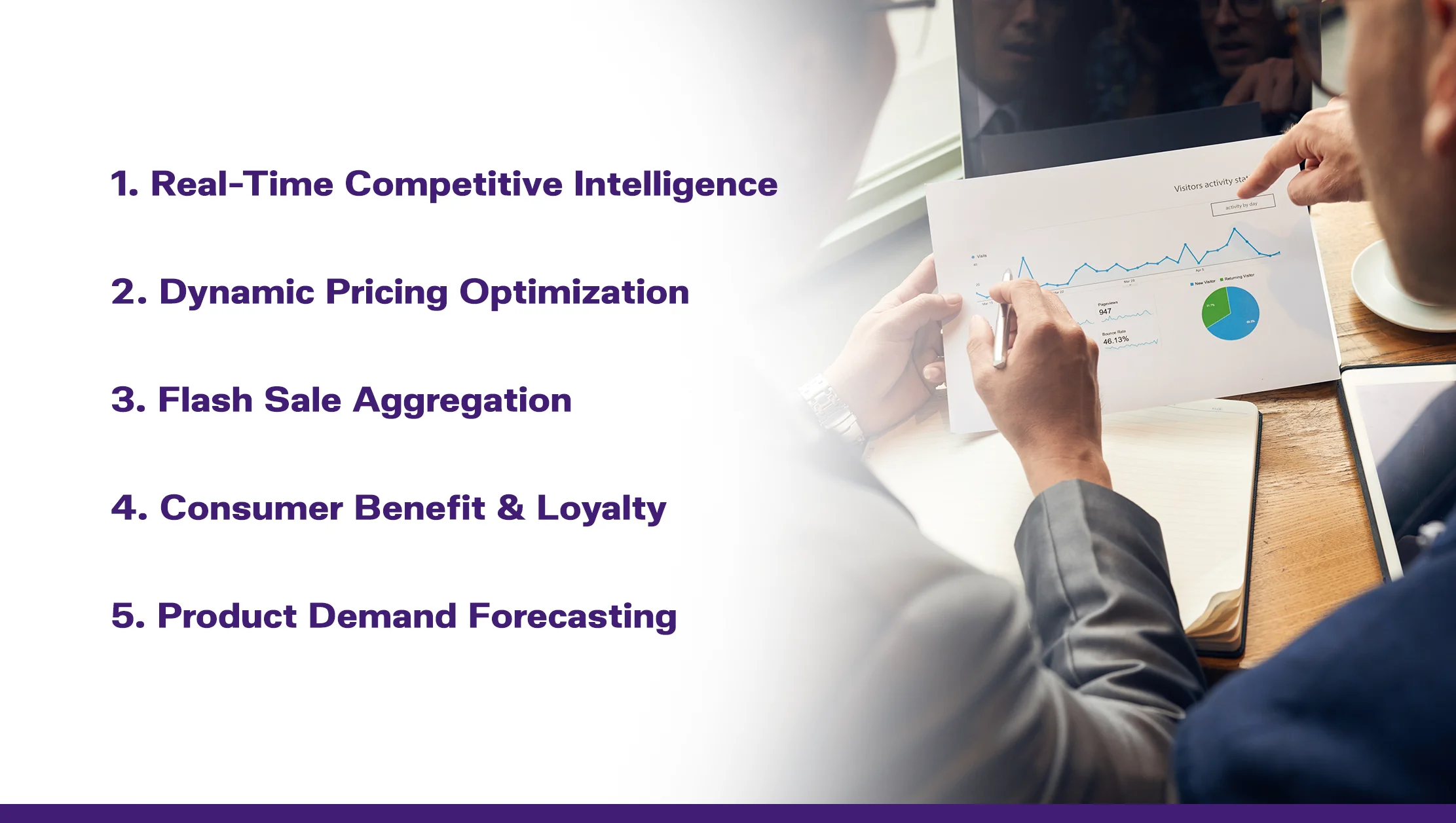
1. Real-Time Competitive Intelligence
Scraping helps monitor competitors' last-minute pricing strategies, bundled offers, or loyalty incentives—giving your business a chance to respond swiftly.
2. Dynamic Pricing Optimization
By understanding which items are being discounted in real time, you can automate or inform your own dynamic pricing models to stay ahead in the market.
3. Flash Sale Aggregation
Platforms that curate or compare deals (like travel aggregators or deal-hunting apps) can benefit from scraping promotional APIs to fetch time-sensitive offers.
4. Consumer Benefit & Loyalty
For consumer-facing apps, pushing scraped deal alerts in real-time leads to increased user engagement and higher retention through gamified shopping.
5. Product Demand Forecasting
Instant promotions often reflect excess inventory or performance lag. Scraping this data regularly can help forecast stock decisions or marketing budgets.
Unlock real-time deals, track competitor discounts, and boost your sales—scrape Instant Promotion APIs to stay ahead in eCommerce.
Get Insights Now!Popular Industries Using Promotion API Scraping
1. Travel & Booking Platforms

Airlines, hotel chains, and aggregators use APIs to share seat or room availability. Scraping these promotion APIs helps detect fare drops, flash deals, and exclusive bundles.
Example:
- Detecting last-minute hotel deals from Expedia, Booking.com, or Agoda
- Tracking airline promo fares via internal API requests on platforms like Skyscanner or Hopper
2. E-Commerce & Retail

Major e-commerce sites use promotion APIs for:
- Deal of the day
- Cart-based discounts
- Time-limited vouchers
Scraping these helps reprice in real-time or build competitive dashboards.
Example:
- Scraping Amazon Lightning Deals or Flipkart Super Saver Offers via app API endpoints
3. Food & Grocery Delivery Apps
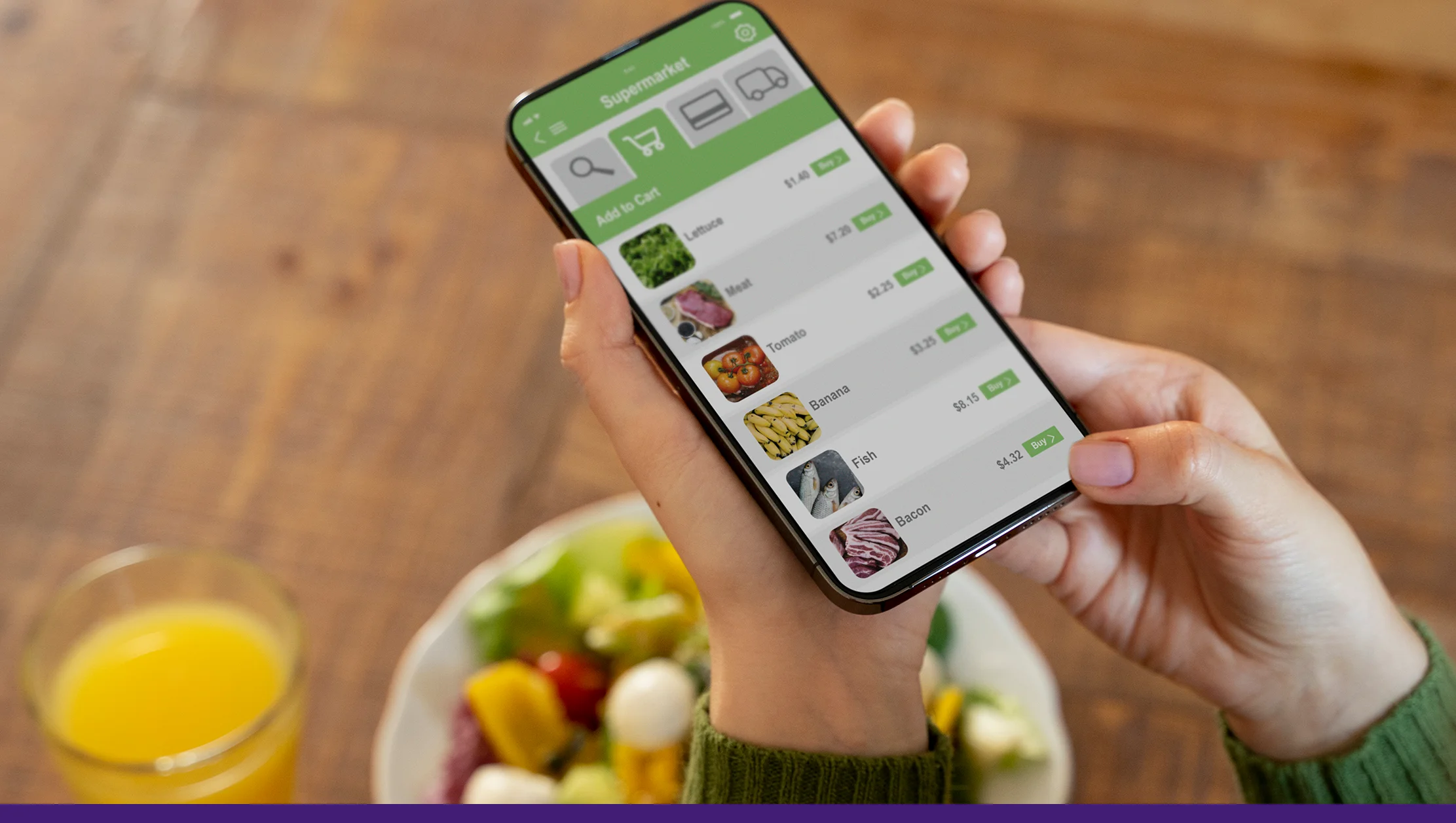
Services like Swiggy, Uber Eats, DoorDash, Blinkit or Instacart use promotion APIs to localize. Scraping these can help track competitor coupon patterns and delivery fee incentives.
Example:
- Detecting Blinkit’s “Buy 1 Get 1 Free” in specific pin codes
- Extracting Uber Eats limited-time discounts for combo meals
4. Event Booking & Ticketing

Platforms like BookMyShow, Ticketmaster, or StubHub offer promotional pricing based on time slots or last-minute availability. API scraping allows resellers to monitor price fluctuations and availability gaps.
How Instant Promotion API Scraping Works?
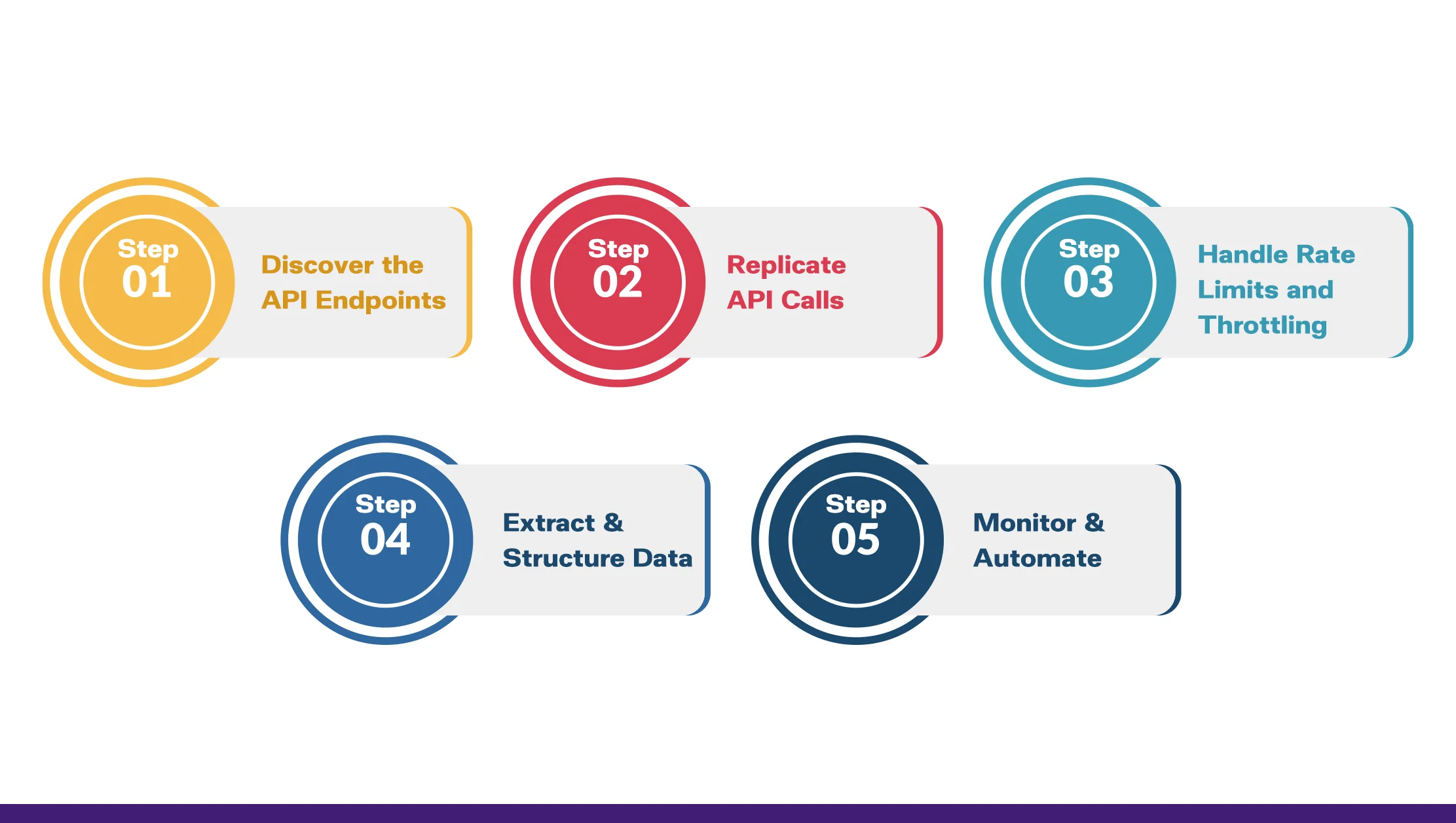
Step 1: Discover the API Endpoints
Use tools like:
- Proxy-based network inspectors (e.g., Charles Proxy, Fiddler)
- Browser DevTools (especially for mobile web views)
- Reverse engineering APK files (for Android apps)
This helps you locate the promotion API calls and payloads within mobile or web apps.
Step 2: Replicate API Calls
Once identified, replicate the API using:
- Python + Requests
- Postman (for testing)
- Custom scripts
Set headers like:
- Authentication tokens
- User-Agent
- Device ID
- Cookies
Step 3: Handle Rate Limits and Throttling
Promotion APIs are often throttled. Use techniques like:
- Rotating IPs and headers
- Respecting rate limits
- Adding retry logic and exponential backoff
Step 4: Extract & Structure Data
Clean and parse data from JSON responses:
- Promotion ID
- Title/description
- Discount %
- Validity window
- Applicable products or categories
- Location or user conditions
Save into structured formats: JSON, CSV, or a live database.
Step 5: Monitor & Automate
Run your scraping pipeline at short intervals (e.g., every 15 minutes) and integrate with alert systems or pricing engines.
Tools & Tech Stack for Scraping Promotion APIs
| Tool/Tech | Use Case |
|---|---|
| Python + Requests | API call automation |
| BeautifulSoup / lxml | Fallback parsing (HTML fallbacks) |
| Selenium / Appium | UI-based promo scraping |
| Charles Proxy | API detection in mobile apps |
| Scrapy | Scalable scraping workflows |
| MongoDB / PostgreSQL | Promotion data storage |
| Redis + Celery | Job queuing for real-time scraping |
| Cloud Functions (AWS Lambda) | Triggering scrapes on demand |
Discover how Instant Promotion API scraping captures live deals, automates tracking, and gives your business a competitive pricing edge instantly.
Get Insights Now!Legal & Ethical Considerations

Scraping APIs, even for promotional data, comes with legal and ethical responsibilities:
- Respect TOS: Check whether scraping violates platform terms of service.
- Use Public or Unauthenticated APIs: Avoid breaching authentication or encryption layers.
- Avoid Excessive Load: Throttle your scraping to avoid service disruption.
- Data for Insight, Not Abuse: Use data for analytics or optimization, not reselling or malicious manipulation.
When in doubt, go for API partnerships or regulated data providers like Actowiz Solutions, who specialize in ethical data extraction across industries.
Real-World Use Cases
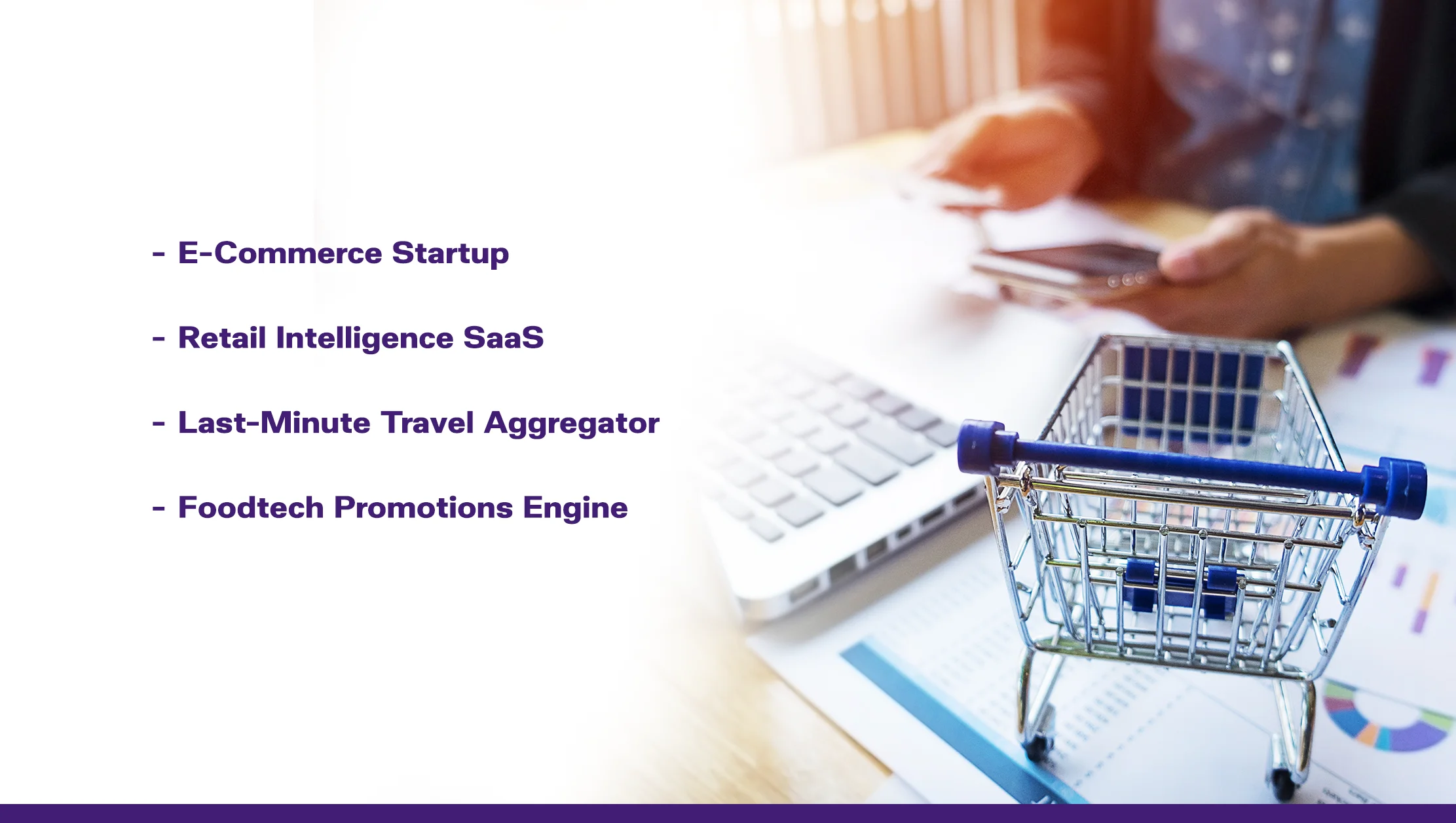
E-Commerce Startup
A startup aggregates limited-time deals from 5+ fashion retailers using promo API scraping. Their mobile app pings users with alerts when discounts go live in their preferred categories.
Retail Intelligence SaaS
A pricing SaaS scrapes promotional APIs from Walmart, Target, and Amazon to feed real-time competitor dashboards for D2C brands.
Last-Minute Travel Aggregator
A travel platform pulls promo fares for last-minute flights and hotel rooms, dynamically recommending the cheapest combo packages using scraped data.
Foodtech Promotions Engine
A foodtech company tracks location-specific deals from delivery apps and dynamically adjusts their own offers using scraped insights.
Future Trends in Promotion API Scraping
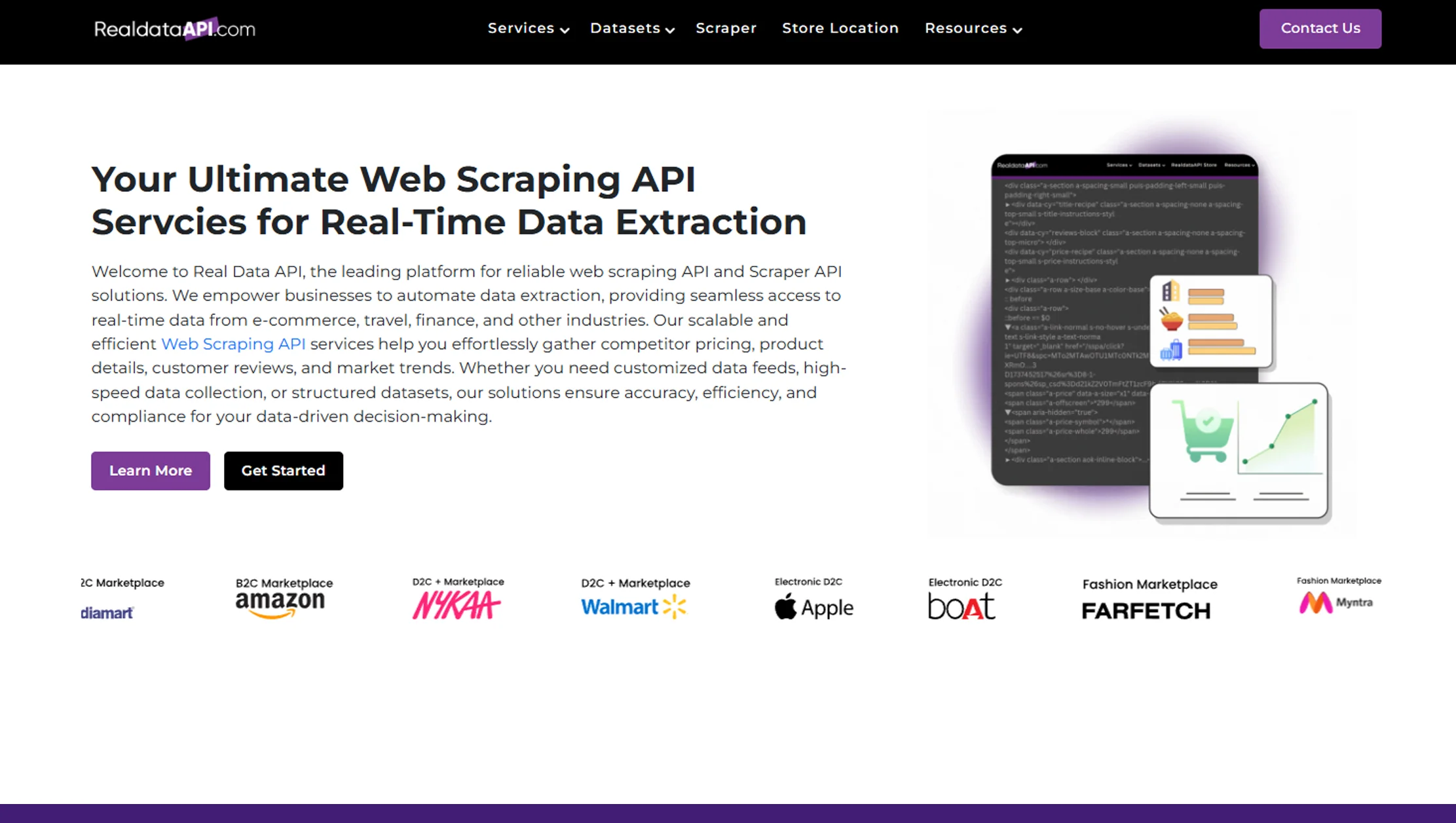
AI-Based Promotion Matching
Machine learning models can soon predict when promotions are likely to go live based on historical scraping data.
Geofenced Scraping
Next-gen scrapers will simulate user behavior from different GPS zones to extract hyperlocal promo data.
App Simulation & Headless APIs
Scrapers will leverage emulator automation (like headless Android) to trigger deep-linked promotional flows.
Plug-n-Play Promo Intelligence
Commercial APIs offering promo data scraping as a service are growing in popularity.
Conclusion
Scraping Instant Promotion APIs is no longer a luxury—it’s a strategic necessity for businesses looking to gain real-time pricing intelligence, adapt fast to competitor discounts, and maximize customer acquisition through deal alerts.
With the right tech stack, ethical approach, and clear business goal, scraping promotional APIs can drive serious ROI. Whether you're a SaaS provider, a retail strategist, or a deal aggregation app, real-time promotion insights are now just an API call away.
Looking for a ready-to-integrate solution? The Real Data API provides access to structured, real-time promotional insights across top platforms—making it easy to fetch, filter, and act on last-minute deals with precision.













